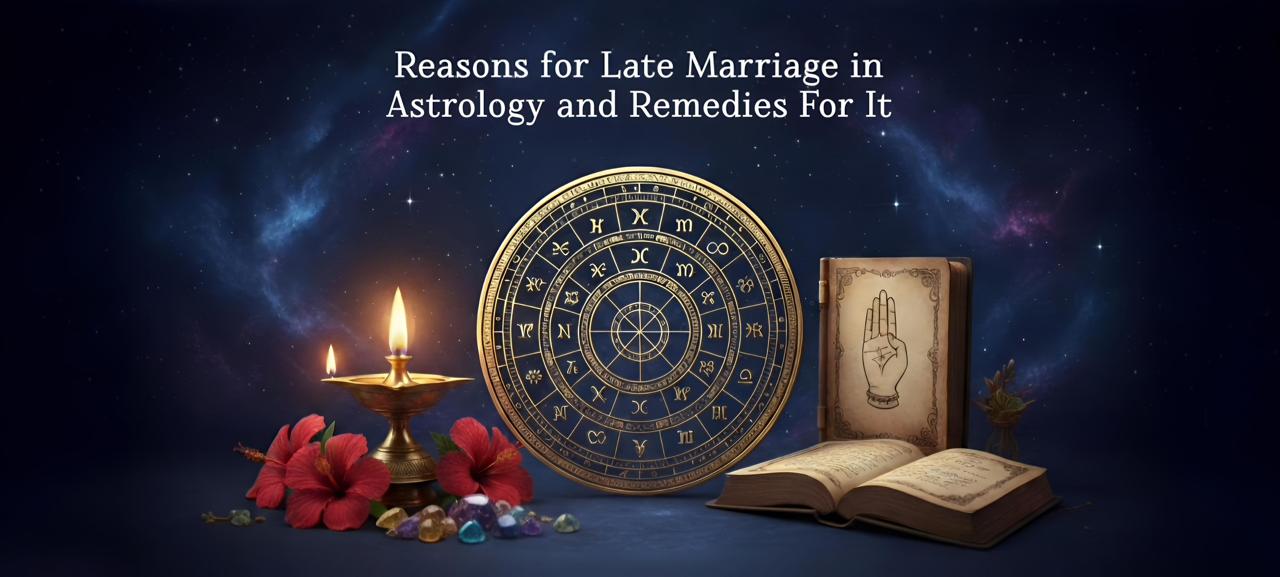 Categories
Categories 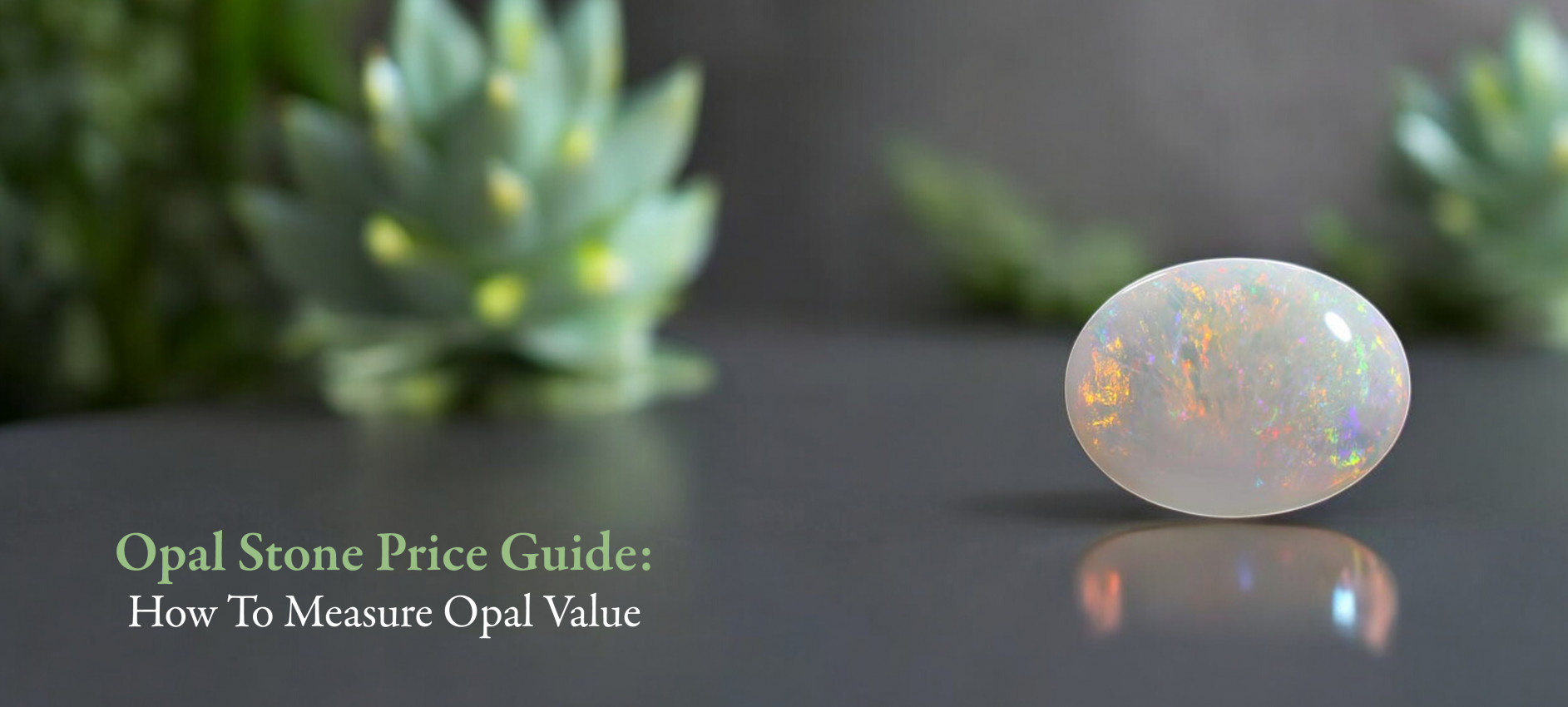
Opals are the daydreamers of the gems world: It is smooth, unpredictable and eternally fascinating. To collectors, healers and designers, the gem’s kaleidoscopic play-of-color has long been enchanting. When it comes to pricing opal stone however, the magic goes toe-to toe with the math. Opals, as opposed to diamonds or sapphires, do not submit to strict grading. Fine details like color, pattern, provenance, sentimental appeal, forms their value.
Be it a jewellery maker sourcing opals to include in jewellery, a hedger considering investing in loose stones, or a mere mortal who is just interested in knowing how the worth of opals is ascertained, it is necessary to know how the value is determined.
This guide decodes the major aspects affecting the pricing of opals to guide you through the range of inexpensive to museum-quality gems.
The most defining—and valuable—trait of an opal is its play-of-color: the changing rainbow-colors thats dances across the surface of the stone when viewed from different angles is then perhaps its most characteristic, and worthiest, quality.
Brightness: The brighter and intense the colors the higher the value. A dull opal, even that of full spectrum, will be offered at a lower price than a stone that show red or blue, or green electric flashes.
Color Range: On the surface, in play of colors, red usually has the highest and most prized color range followed by the orange, green and finally the blue. Stones that have more than one color present are priced highly.
Pattern: Distinctive designs such as harlequin, pinfire, or rolling flash have the potential to greatly enhance value. Checkboard like blocks of color found in Harlequin opals are particularly valued.
Hint: Tilt the opal in the light. In case the colors change catastrophically and cover the whole surface, you have a high-grade stone.
Read More - How to Tell a Good Quality Opal
Opals are normally categorized by their body tone—the base color beneath the play-of-color. This tone has a dramatic effect on how vibrant the colours appear.
|
Body Tone |
Description | Value Impact |
|
Black Opal |
Dark base, often from Lightning Ridge, Australia |
Highest value due to intense contrast |
|
Dark Opal |
Charcoal or gray base |
Moderately high value |
|
White Opal |
Milky or pale base |
Lower value, softer color play |
|
Crystal Opal |
Transparent or semi-transparent |
High value if color play is strong |
Black opals are the rarest and most expensive, often fetching thousands per carat. White opals, while beautiful, are more common and typically more affordable. Explore - Types of Opal: Why Should You Own One?
Big but dull: A 1-carat opal that has a rich play-of-color may well be worth more than a 5-carat stone that has dull colour.
Big Statements: Opaques of 10 ct and more are uncommon and may be investment pieces.
Australian Opals: Lightning Ridge (black opals), Coober Pedy (white opals), as well as Andamooka (matrix opals) are iconic.
Ethiopian Opals: With their hydrophane characteristics (absorbing water), Ethiopian opals are gorgeous but are delicate.
Mexican Fire Opals: These are usually orange to red and have a little play-of-colour. Prized not so much for their iridescence but for their fiery color.
Stones whose provenance is verified on the basis of reputable mines are often sold to collectors at a premium price.
Natural Opals: The most precious are untreated gems, as they are original and authentically beautiful. Plus, astrologically, it is believed that only natural opals have the power to bring the wearer the blessings of the astrological planet Venus.
Doublets and Triplets: These are layered opals in which opal in thin slices is glued into a backing (doublet) or cemented after with clear quartz (triplet). They are beautiful, yet much less valuable.
Smoke or Sugar Treatments: These treatments are used to darken opals (mostly Ethiopian) and increase their contrast. The treatments done need to be reported to the buyer by the seller because they decrease the long-term value.
If your seller does not tell you about the treatments done and does not provide a valid lab certificate proving that, you should not buy from such an unreliable source.
Symbolic Patterns: Certain customers want opals with patterns that resemble animals, eyes, or landscapes- which brings their own meaning and price dynamics.
Custom Cut for Ritual Use - Some people prefer crystals or certain type of cut of gem for their use according to the advice they are given with their astrological expert. These pieces fetch higher prices sometimes.
This is the stage where storytelling helps in the pricing strategy in emotionally intelligent branding. A gem with history and context will definitely be sold at auctions at higher value.
Also Read - Aspects Of Life Opal Will Affect
| Opal Type | Price per Carat (Approx.) |
|
White Opal |
INR 500 to INR 30,000 per carat |
|
Black Opal |
INR 1,000 to INR 10,000 |
|
Ethiopian Opal |
Rs 300 per carat and goes up to Rs 5000 |
|
Fire Opal |
INR 5000 to 25000 per carat |
|
Australian Opal |
Rs 600 per carat and goes up to Rs 9,000 per carat. |
Prices vary based on quality, origin, and market demand. Always consult a trusted gemologist or dealer. More to know - Caring For Opals - How to Clean, Care & Store Opal Jewelry
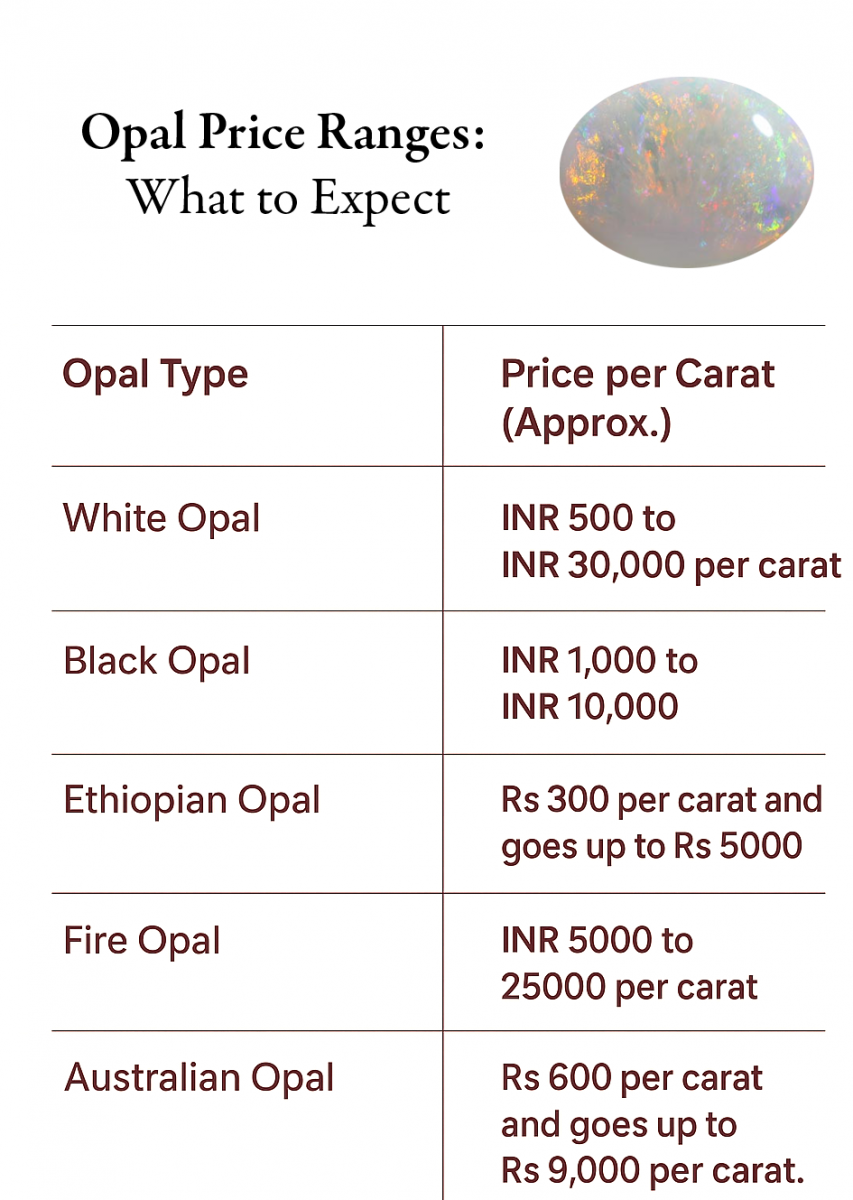
The thing is that opal pricing is not only a metric thing; it is magic. An opal is special because it moves people, awakens curiosity, and serves as a mirror into a personal inner world. You are a savvy buyer, whether purchasing opal as an investment, an ornament, or a companion. Dissecting the steps of the opal pricing structure puts the power of clear choice and definite decision-making into your hands.
In the end, it is the opal that speaks to you that is the most valuable. Have more questions? Ask them away from our experts, and they will help you get your perfect stone or
gemstone jewellery
. Visit us now at Navratan .
Ques. How much does real opal cost?
Ans. An opal stone price can vary anywhere between INR 500 to 5,00,000 depending on the type and quality of the gem.
Ques. Is opal costly in India?
Ans. No. The cost depends on the quality of the gemstone.
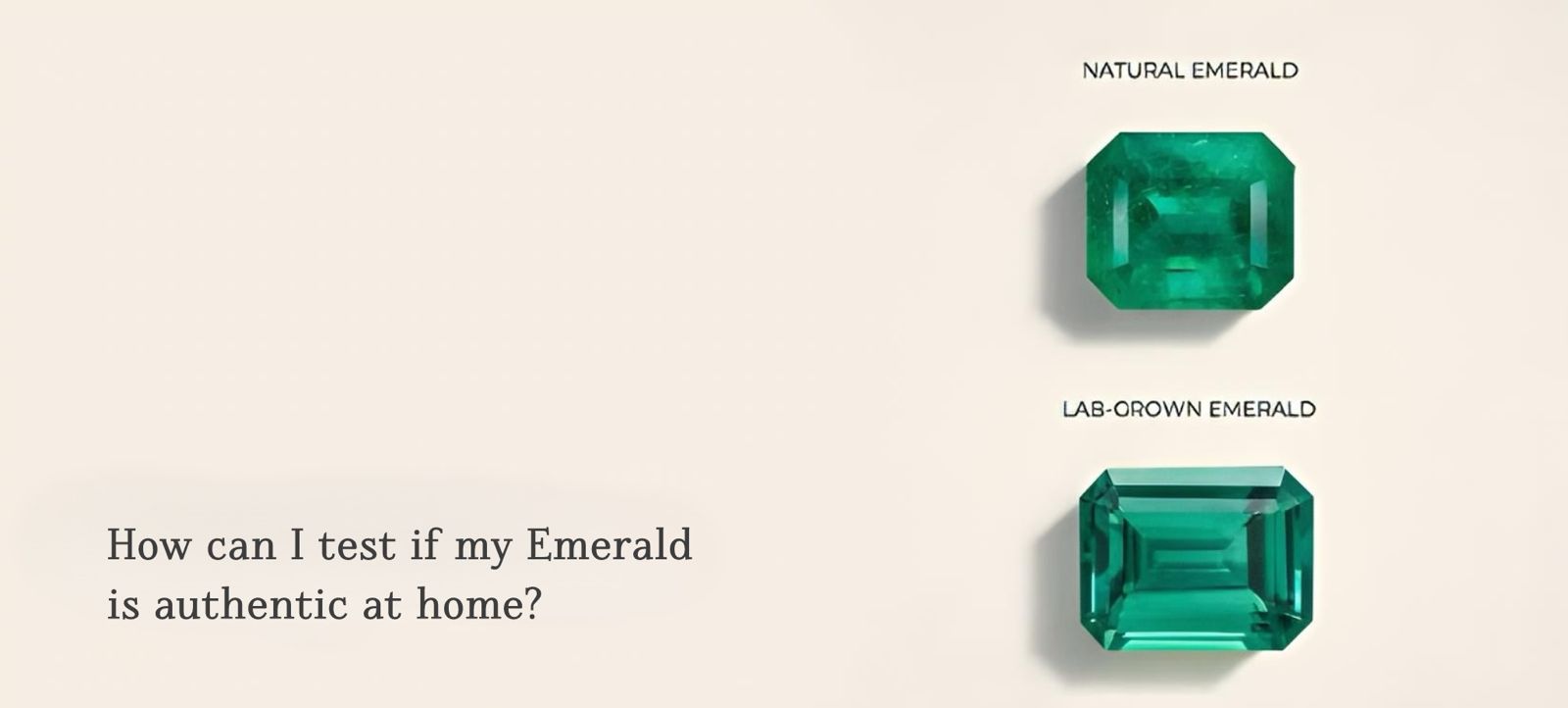
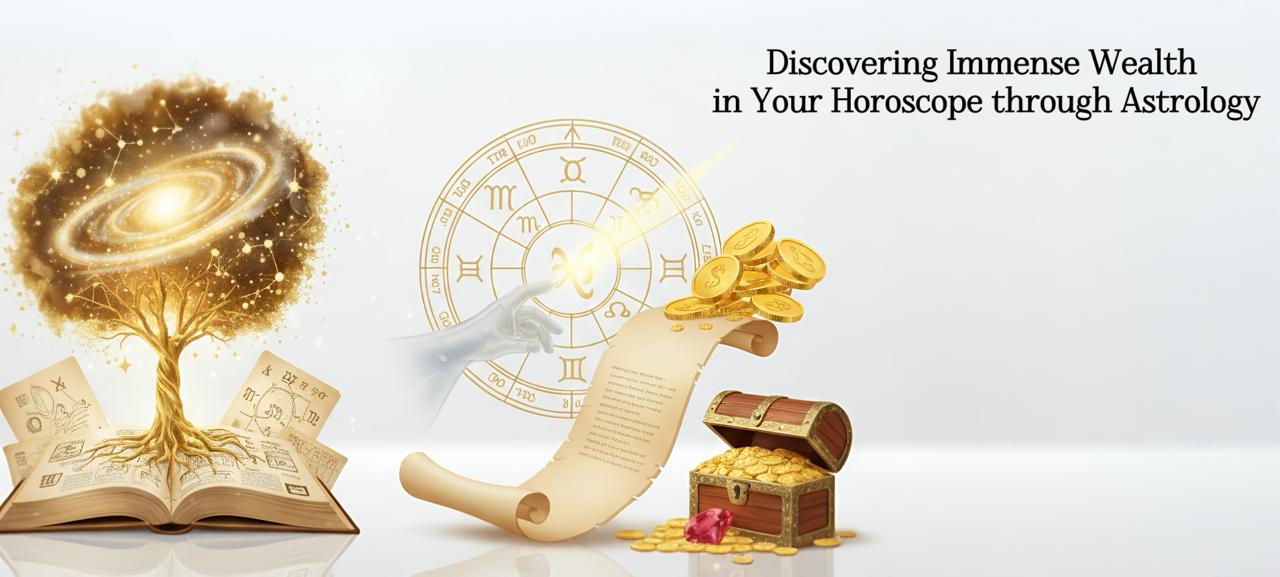
Discovering Immense Wealth in Your Horoscope through Astrology
February 2nd, 2026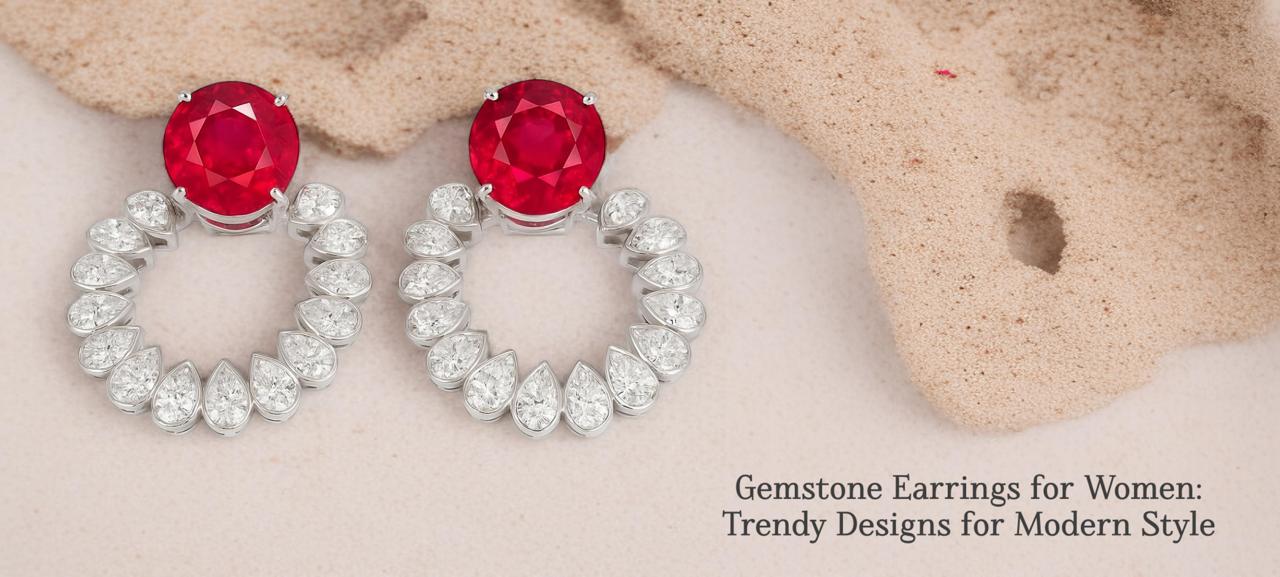
Gemstone Earrings for Women: Trendy Designs for Modern Style
January 30th, 2026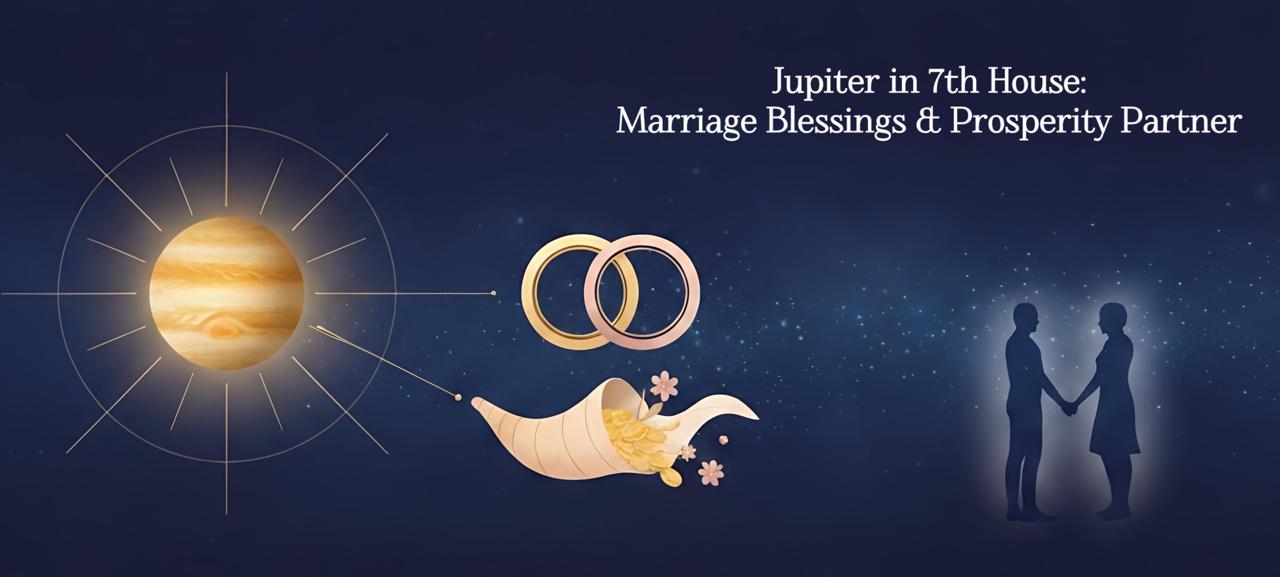
Jupiter in 7th House: Marriage Blessings & Prosperity Partner
January 28th, 2026